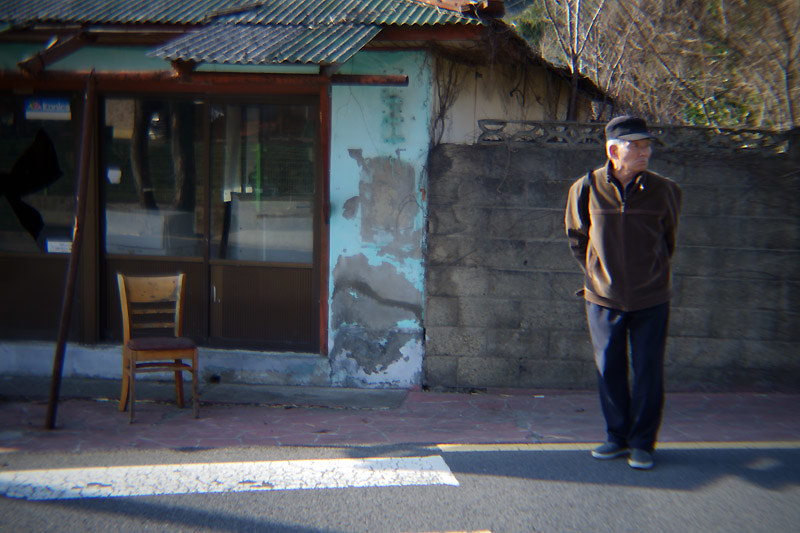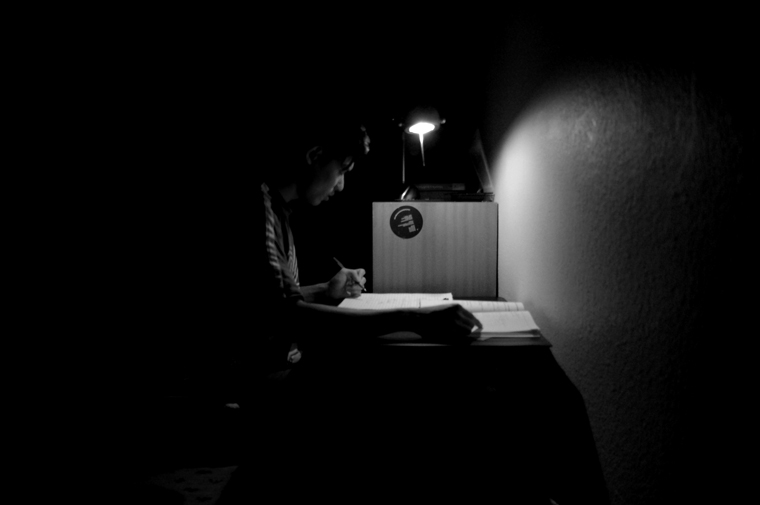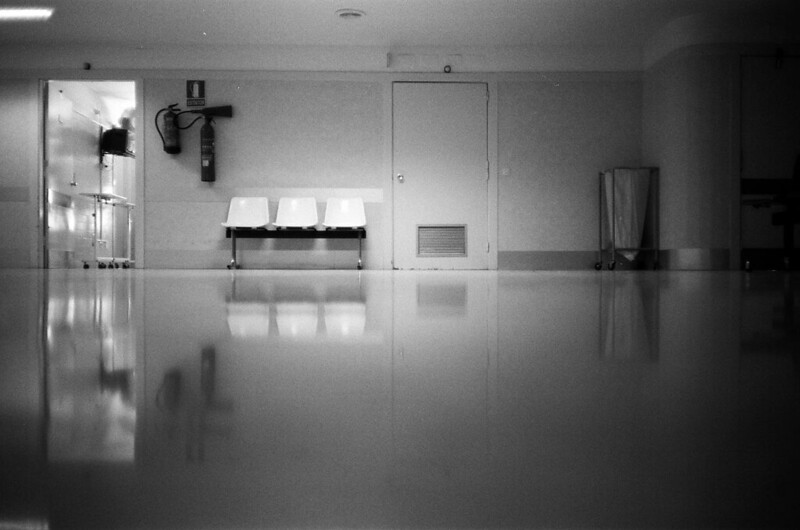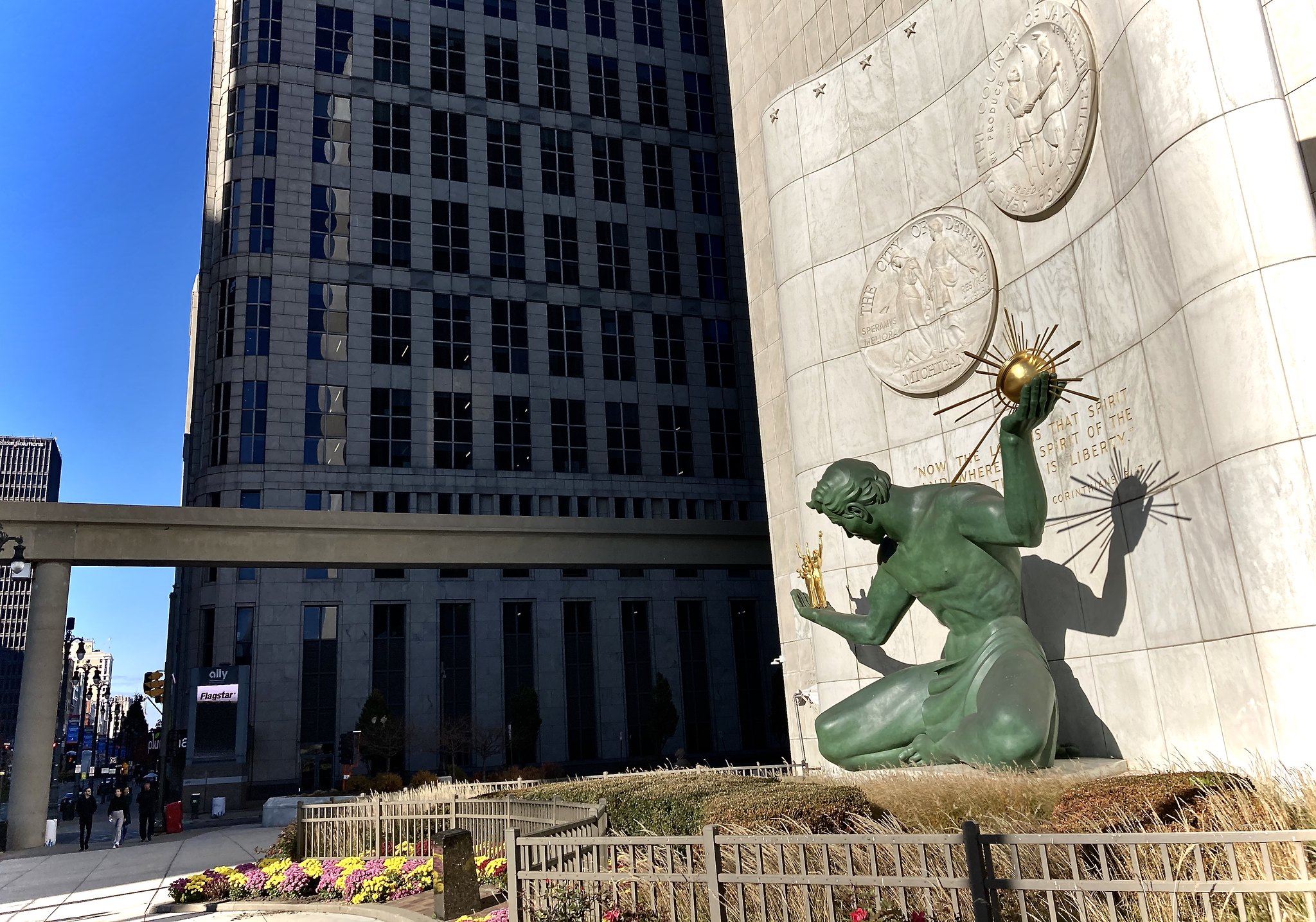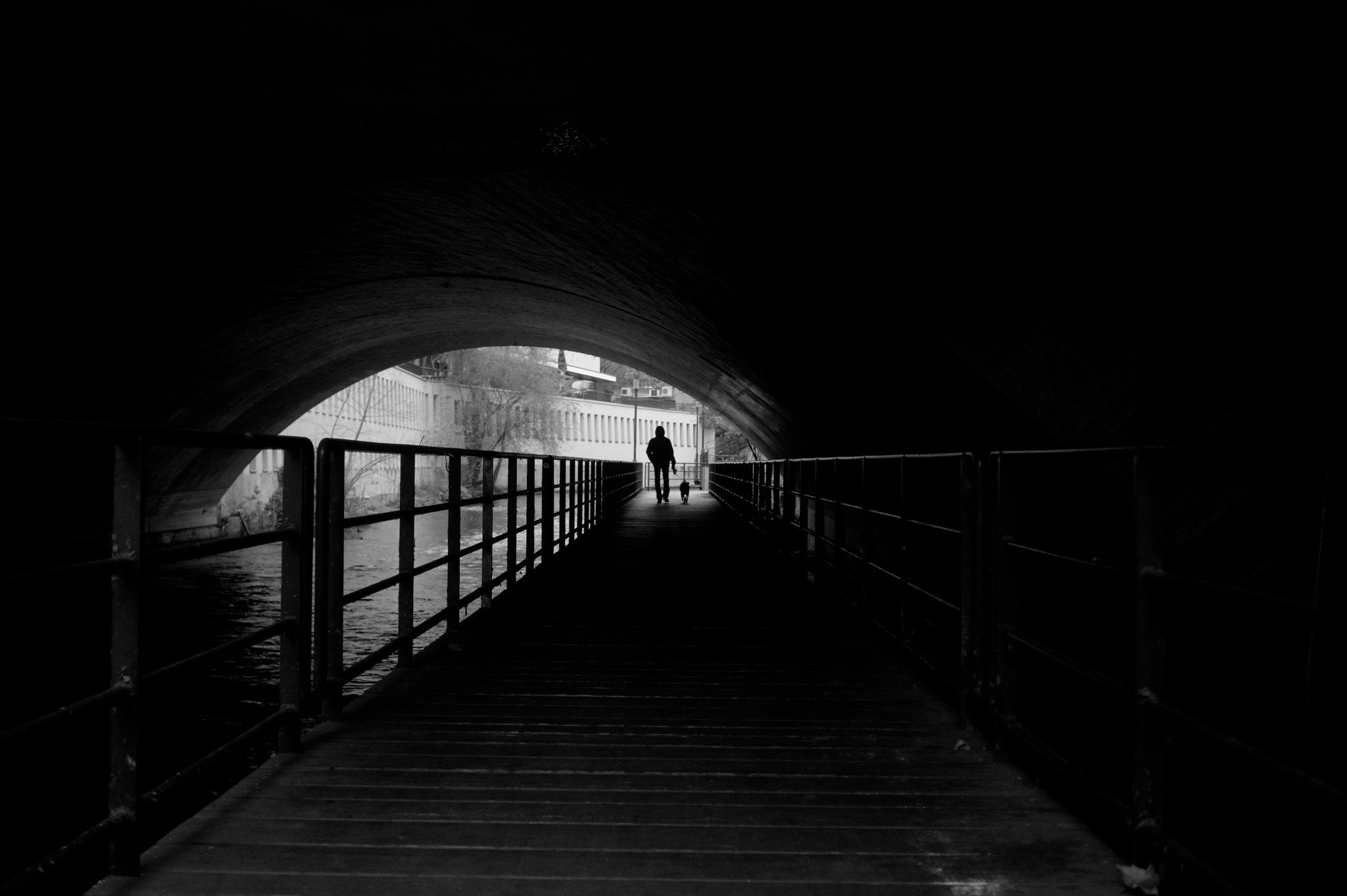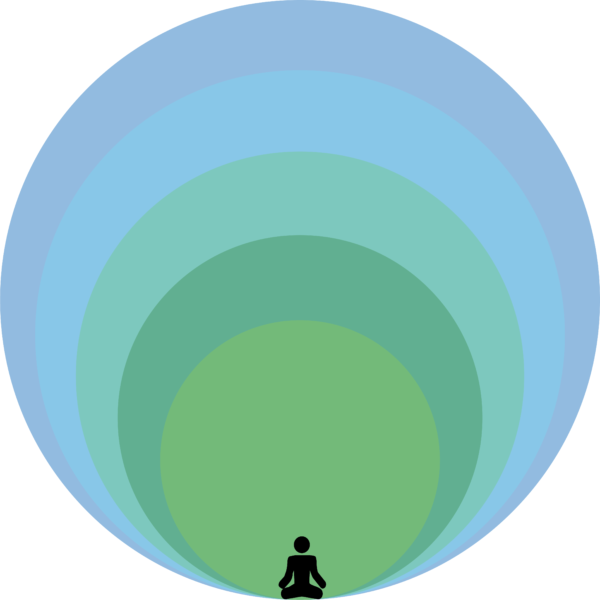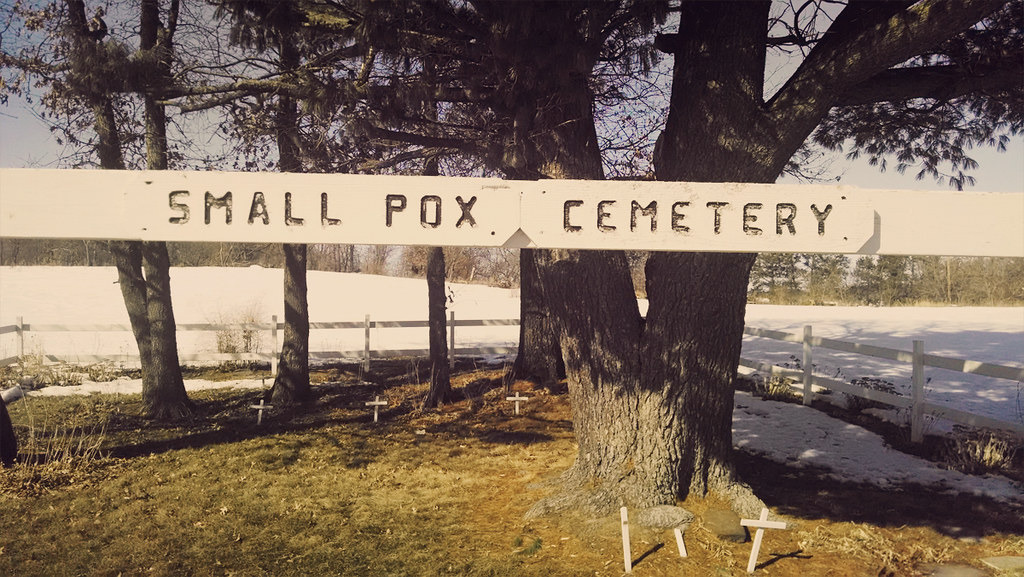How Social Distancing Is Affecting the Elderly
For many of the elderly and their families, the COVID-19 pandemic has been a scary and trying time. A major concern has been the physical health and safety of this vulnerable population. In addition to community infection control measures like social distancing and avoidance of public gatherings to slow the initial spread of the outbreak, public health officials have also endeavored to protect high-risk populations by recommending electronic visits with loved ones, whether they are at private homes, nursing homes, or in the hospital.

